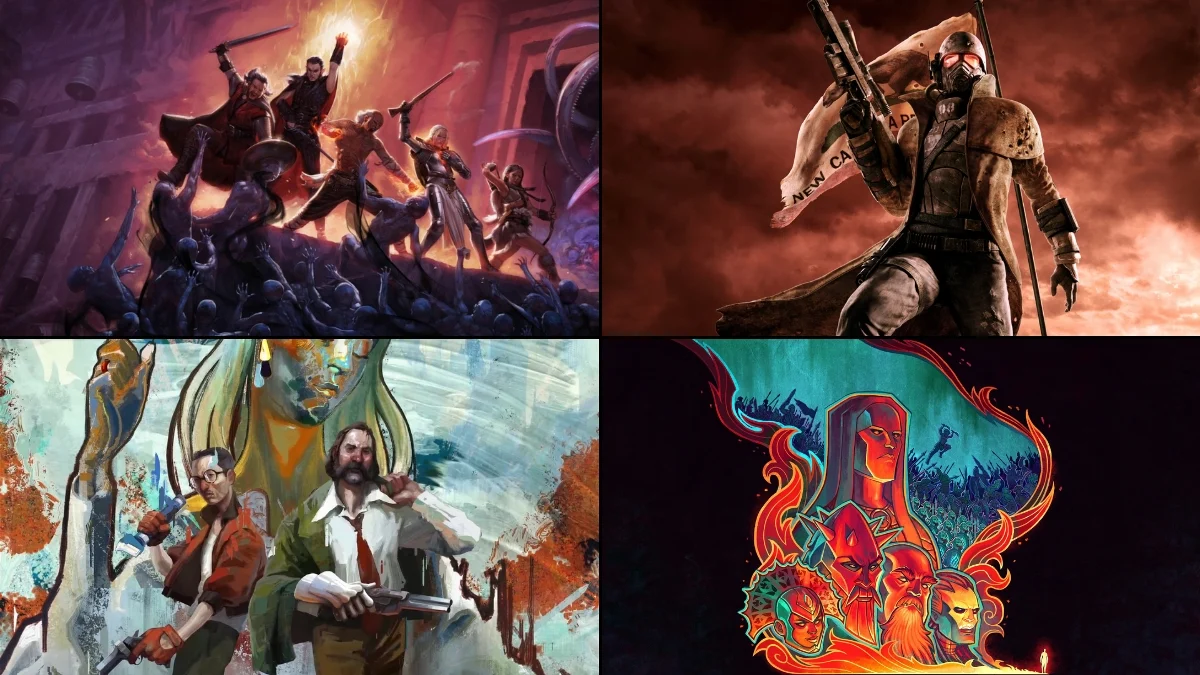
Skill checks add unexpected twists to games, turning simple interactions into complex storylines, opening up new quests, or even changing the course of a battle. These are the moments – whether you see the dice roll or not – where your character’s abilities, training, and decisions determine what happens next. From older role-playing games to today’s open-world adventures, these checks reward players for careful planning, specializing in certain skills, and a bit of good fortune. Here are some great examples of how a single check can dramatically change the game.
‘Disco Elysium’ (2019)
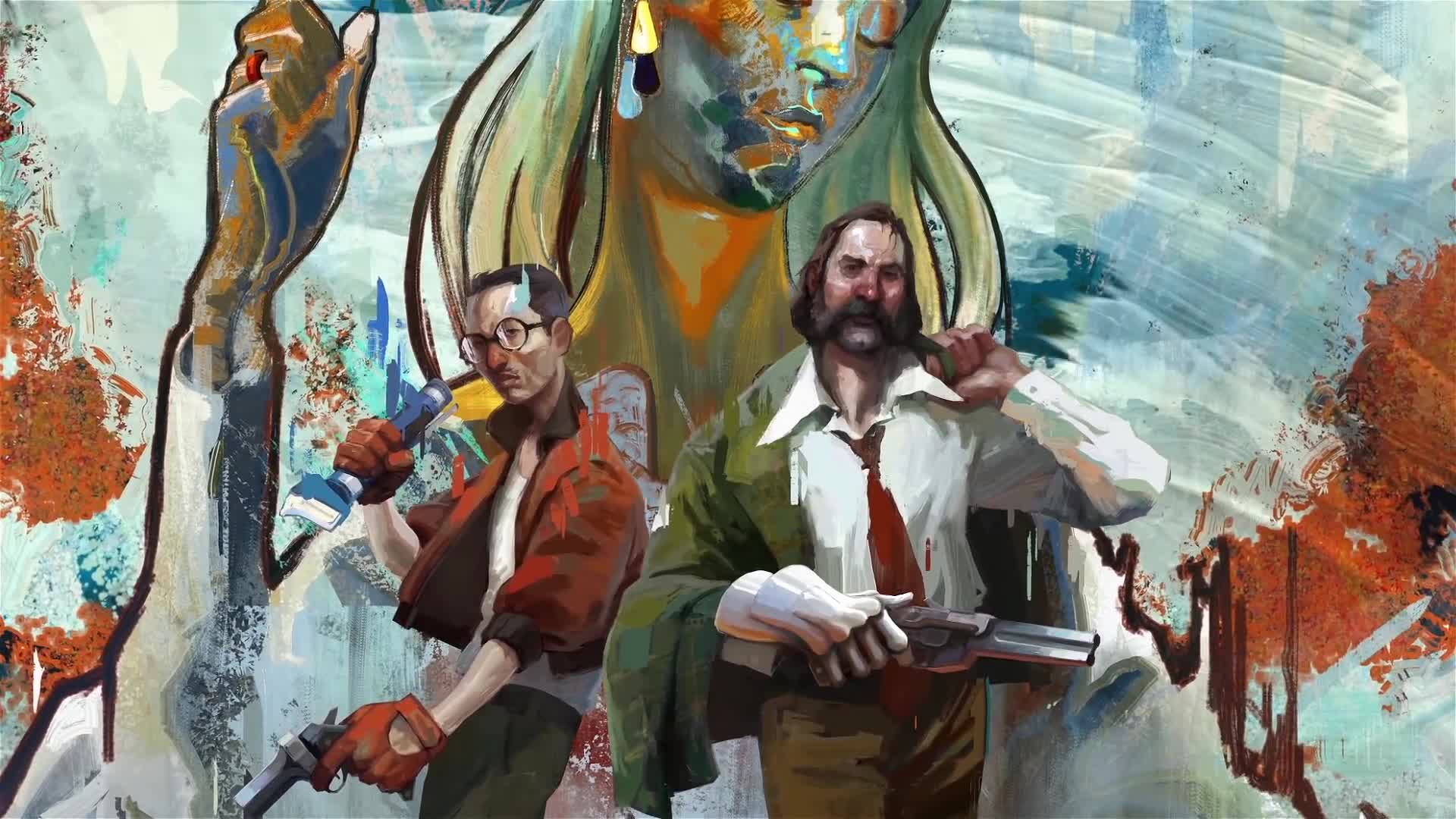
In ‘Disco Elysium,’ skill checks control almost everything – from convincing people to navigating difficult moral choices. White checks can be attempted again as you uncover new evidence, while red checks are permanent. Each check uses your core stats – Intellect, Psyche, Physique, and Motorics – along with relevant skills and the current situation. Importantly, failing a check doesn’t just stop you; it often unlocks new story content, like internal thoughts or different avenues of investigation. ZA/UM designed the system so that even unsuccessful attempts can lead to unique experiences and endings.
‘Baldur’s Gate 3’ (2023)
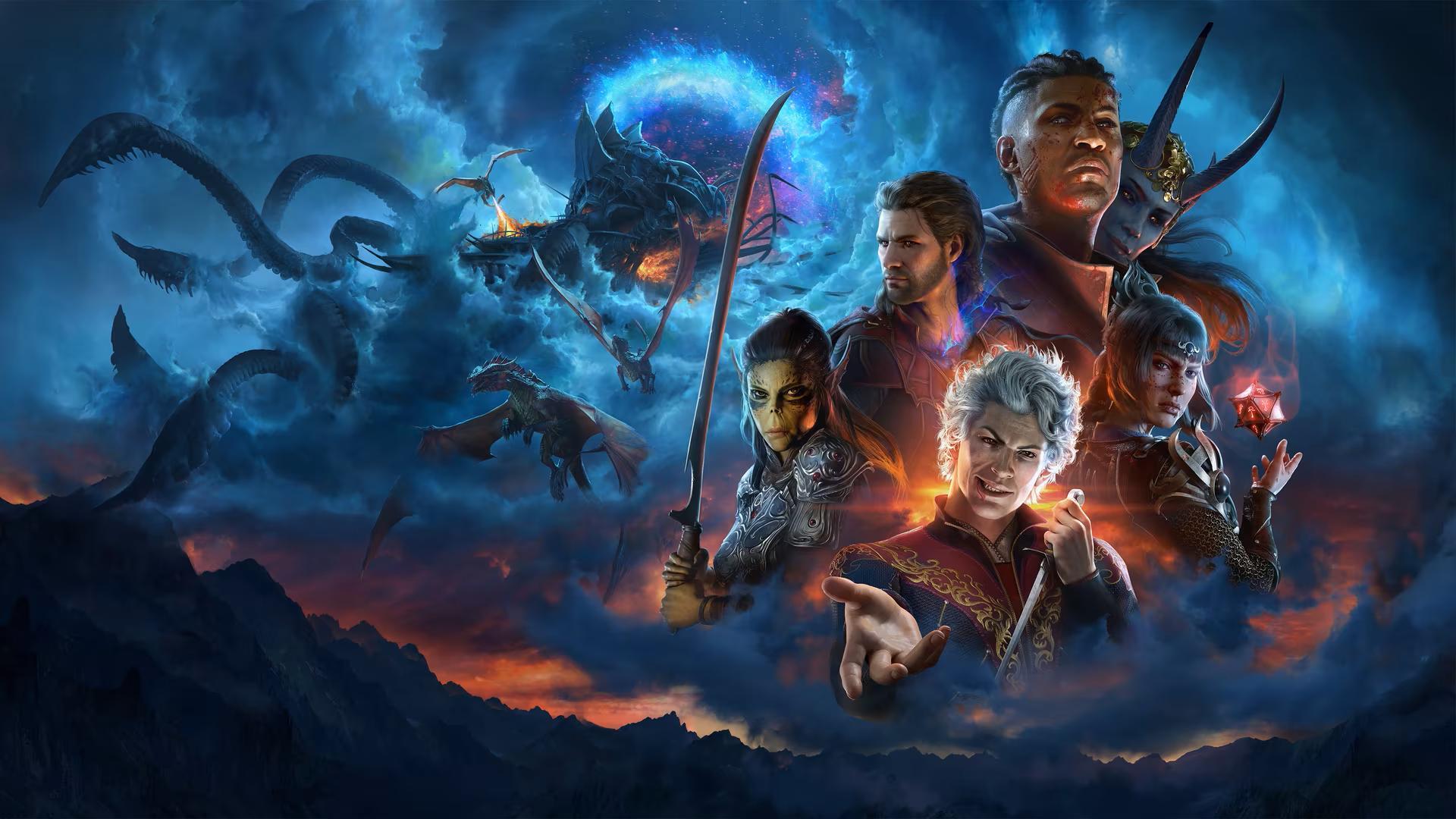
In ‘Baldur’s Gate 3’, you can actually see the dice rolls that determine success or failure in conversations, exploration, and battles – mirroring the rules of Dungeons & Dragons 5th Edition. These rolls take into account your character’s skills, abilities, and whether you have an advantage or disadvantage. Successfully passing a check – like trying to persuade someone – can prevent conflicts, help you gain allies, or shift how different groups see you. Using skills like Athletics or Sleight of Hand to interact with the environment, such as pushing objects or picking locks, works the same way, potentially unlocking new paths or revealing hidden treasures. Larian Studios has cleverly woven these dice roll outcomes into the stories of your companions and even how the game ultimately ends.
‘Fallout: New Vegas’ (2010)
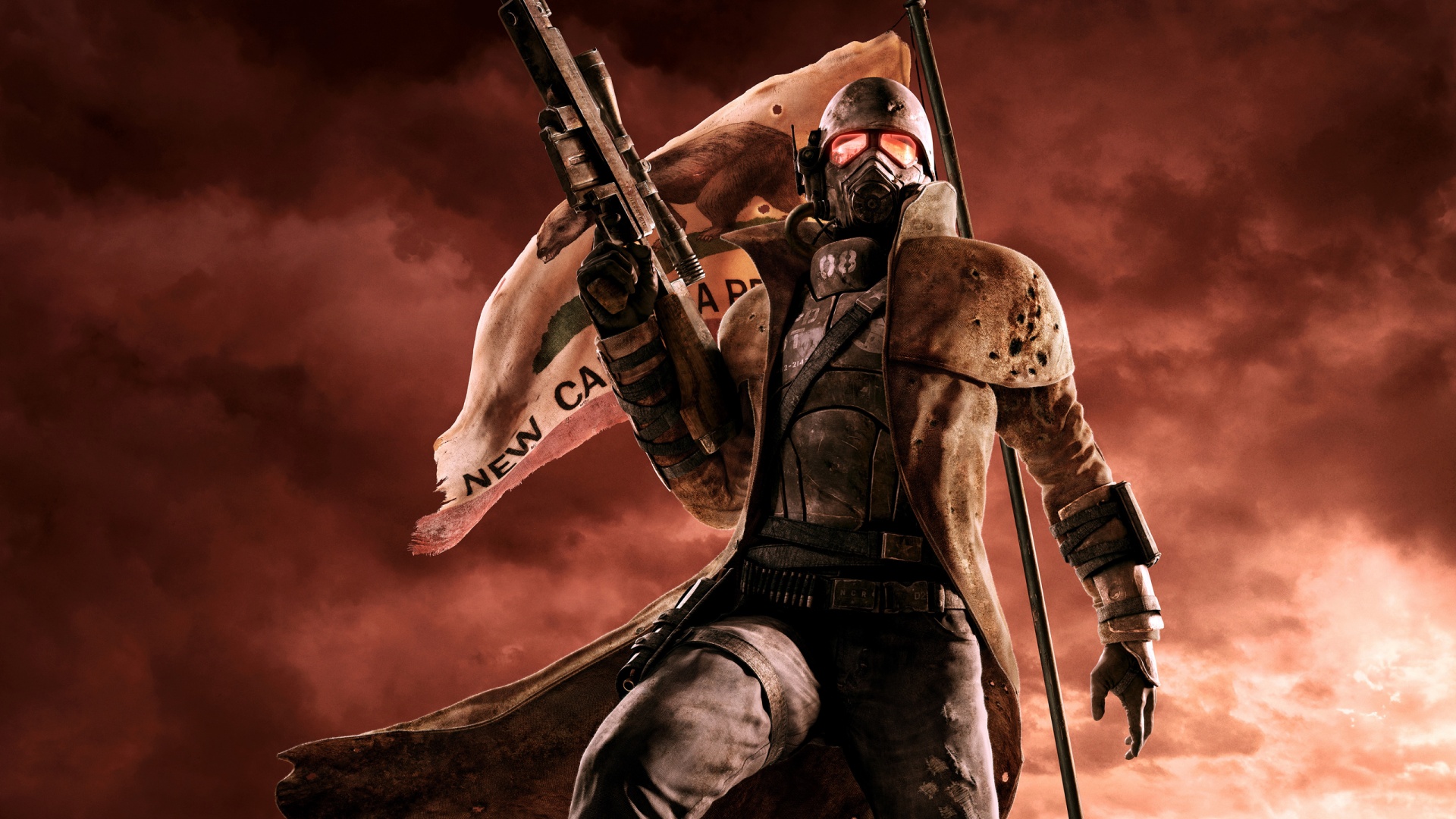
In ‘Fallout: New Vegas’, how you talk and your skills matter a lot. Skills like Speech, Barter, Science, and your reputation with different groups can completely change how quests play out. Having high Medicine lets you help people by diagnosing their issues, and skills like Repair or Science can let you avoid fights and find hidden ways to complete objectives. Your skill levels in key conversations can even determine how the main story ends. The developers at Obsidian Entertainment intentionally created many options to solve problems without fighting, if your character is built for it.
‘Fallout 3’ (2008)
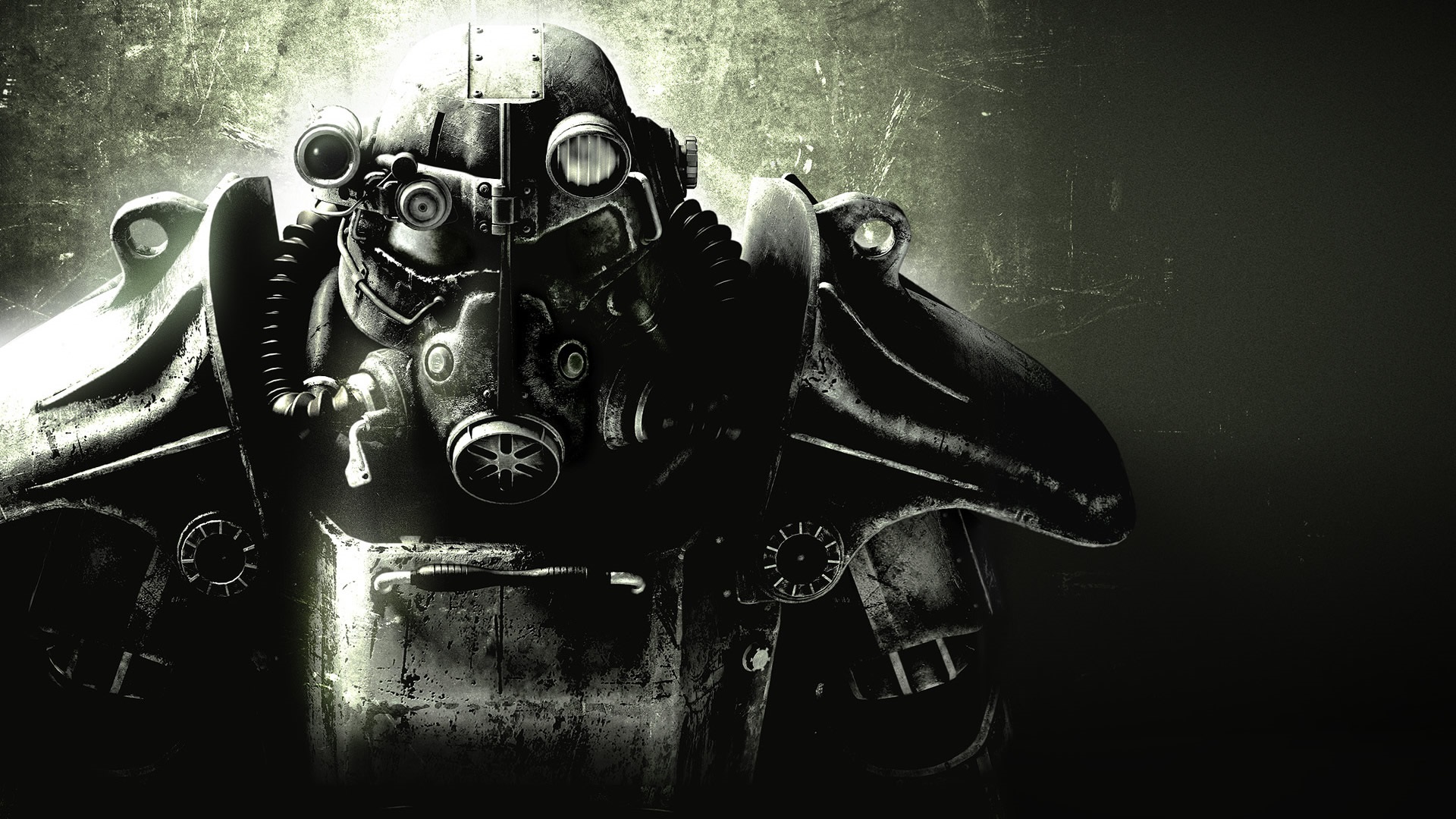
In ‘Fallout 3’, your skills like Speech, Science, and Medicine directly impact how quests unfold and the rewards you get. Successfully using Speech can help you avoid fights or earn more money, while Science lets you hack computers and overcome obstacles. Skill checks can even change your reputation and determine whether characters live or die during important missions. Bethesda designed these skill-based challenges throughout the game world to encourage players to create different types of characters.
‘The Outer Worlds’ (2019)
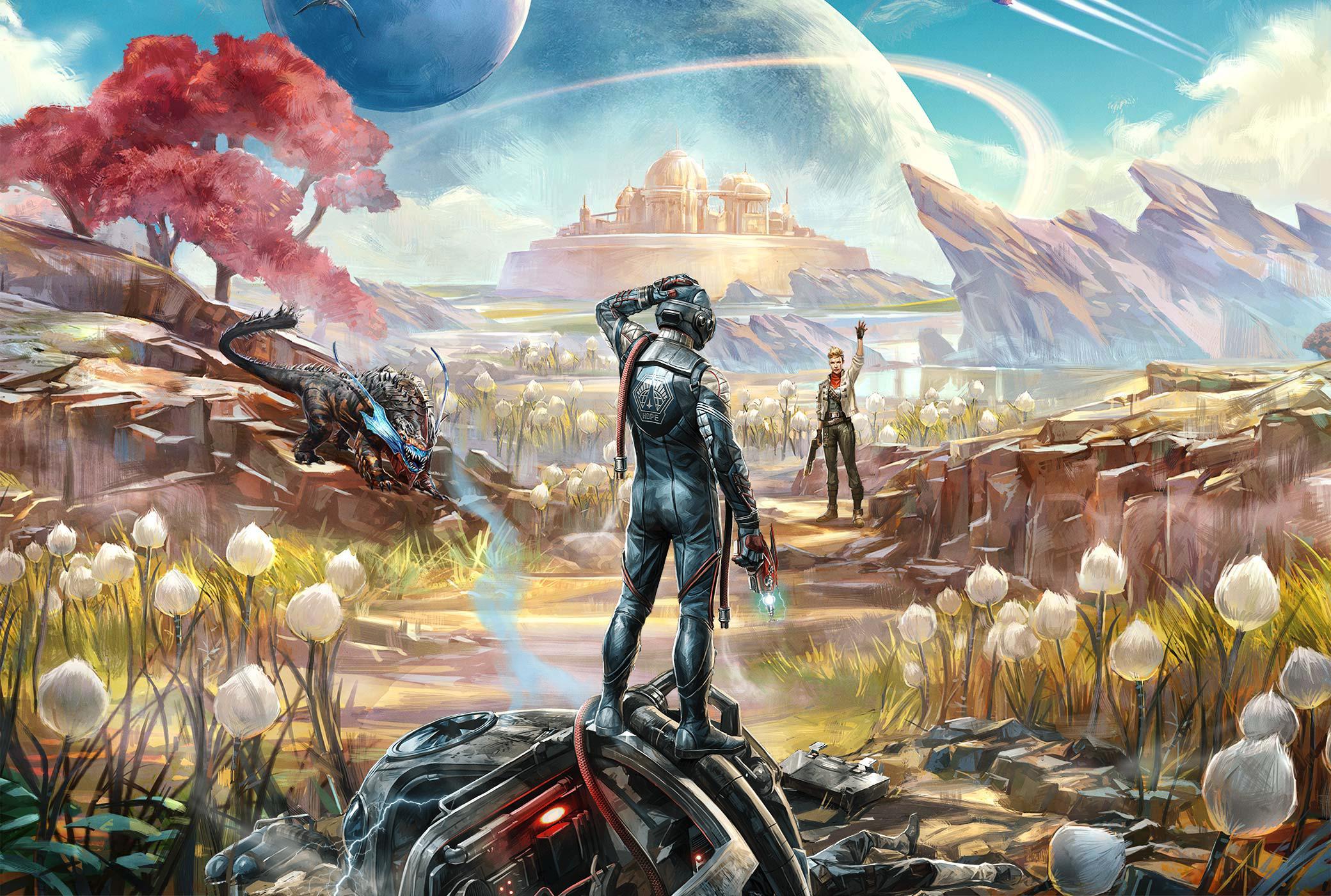
In ‘The Outer Worlds’, your ability to talk your way through situations is key. Skills like Persuasion, Deception, and Intimidation, combined with expertise in areas like Medicine, Engineering, and Science, let you find unique solutions and approaches. Reaching certain skill levels can help you resolve conflicts peacefully or uncover secret quest paths. Your companions also boost your skills, giving you even more options in conversations and when interacting with computers. The game’s developers, Obsidian Entertainment, designed many different outcomes based on whether you can talk or use your skills to solve problems.
‘Vampire: The Masquerade – Bloodlines’ (2004)

Your chosen clan and skills in areas like persuasion, seduction, and intimidation significantly alter how you experience ‘Bloodlines’. Playing as a Malkavian or Nosferatu character unlocks unique dialogue and stealth challenges, offering shortcuts, new alliances, and alternative ways to complete quests. Powerful Disciplines can even replace the need for certain stats, giving you supernatural options in social interactions. The game’s designers built many areas so that characters focused on social skills can often succeed without fighting.
‘Planescape: Torment’ (1999)

In ‘Planescape: Torment’, being clever and insightful – not just strong – reveals deep secrets, changing your memories, how your companions develop, and ultimately, the game’s ending. Successfully navigating conversations unlocks answers about the world that you can’t get through fighting, even offering unique ways to defeat bosses. Your character’s class and moral choices also add special dialogue options that can lead quests in surprising new directions. Black Isle Studios designed the game to focus just as much on thoughtful conversation and philosophical challenges as it did on combat.
‘Star Wars: Knights of the Old Republic’ (2003)
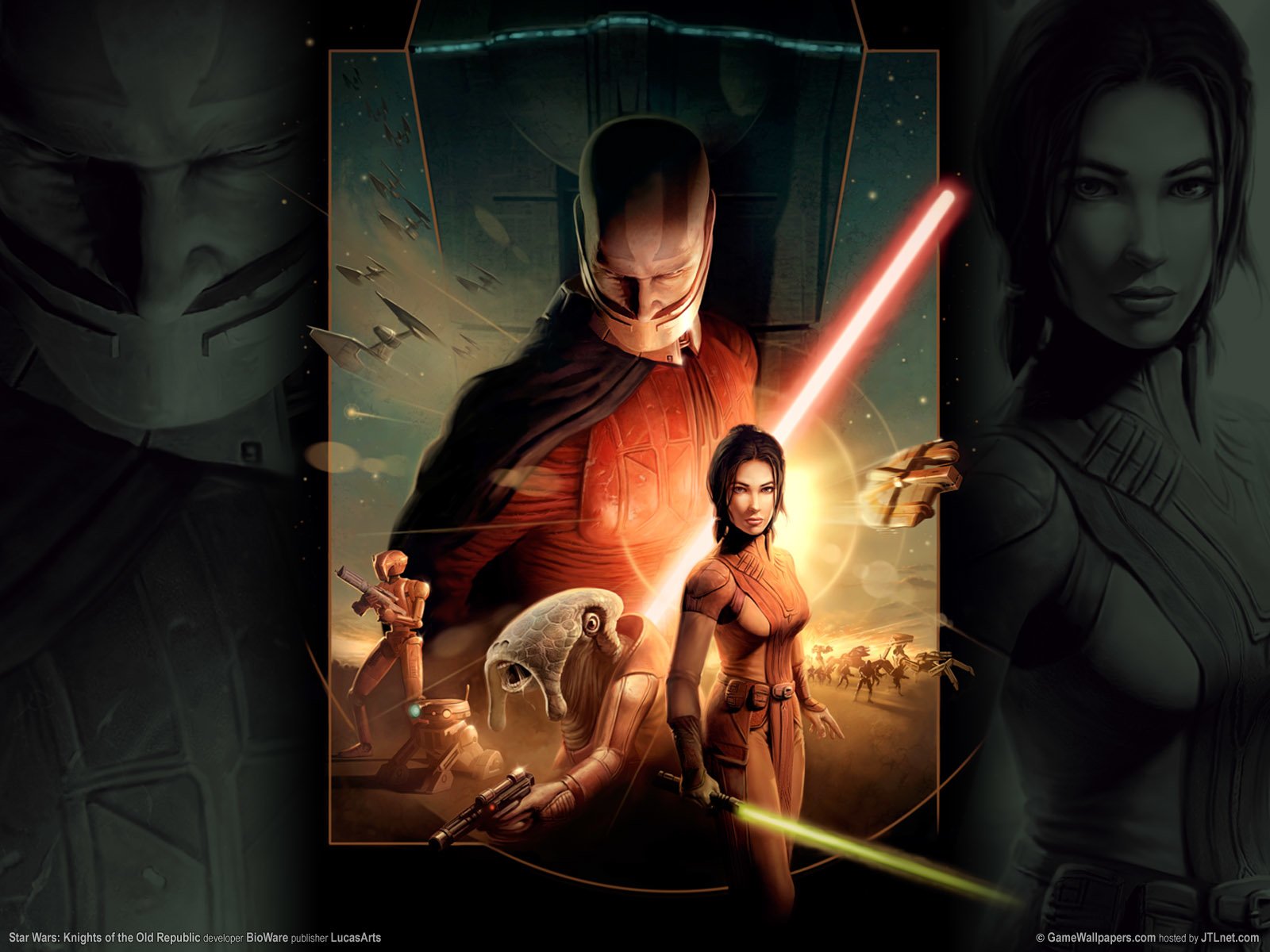
As a huge fan of ‘KOTOR’, I always loved how your skills really mattered! It wasn’t just about combat; things like persuading people, hacking computers, or fixing droids could totally change how the story played out. Your choices between the Light and Dark Sides, combined with what you said in conversations, impacted whether your companions stayed loyal and even altered key story moments. Plus, being good at Repair or Computer Use could save you money or let you avoid fights altogether! BioWare didn’t just use these skills to give you different rewards, though – they used them to shape your character’s entire moral journey, which was amazing.
‘Mass Effect 2’ (2010)
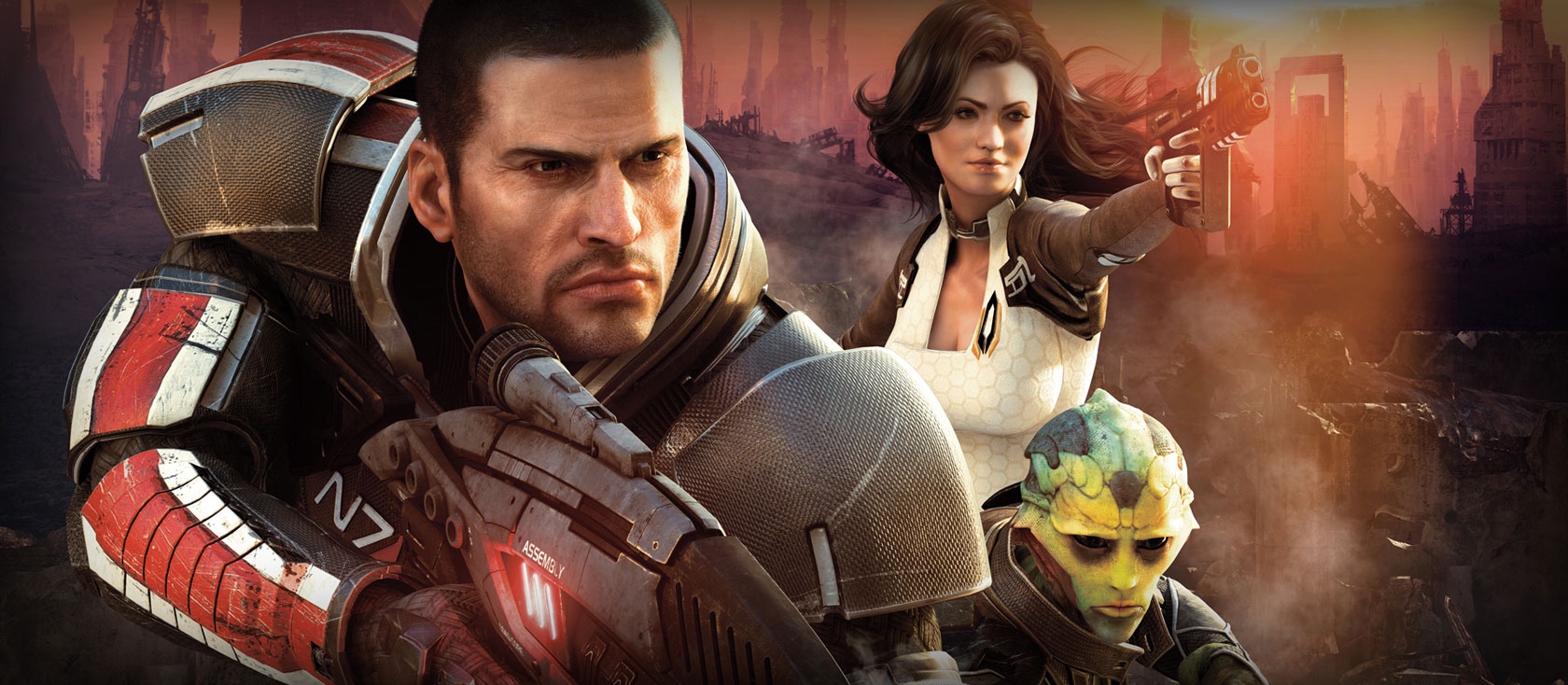
In ‘Mass Effect 2,’ your choices truly matter. The game tracks your reputation, and how you build it unlocks crucial dialogue options during important moments – letting you interrupt conversations or persuade others. Successfully navigating these conversations can mend relationships with your crew, prevent internal conflicts, and even affect the outcome of the final mission. Some encounters play out completely differently depending on how well you’ve performed in previous conversations. BioWare made sure that whether your squadmates survive the final mission depends on both their loyalty to you and your performance throughout the game.
‘Dragon Age: Origins’ (2009)

In ‘Dragon Age: Origins,’ your character’s cunning and ability to persuade others can significantly influence conversations with important characters like nobles, mercenaries, and your companions. Your character’s class and history also give you unique dialogue options that can change how quests are resolved. Successfully persuading others can help you avoid fights, find valuable items, or even sway votes during important political events. BioWare has woven these persuasion opportunities throughout the entire game, from the character origin stories to the main plot, ensuring they have a lasting effect.
‘Pathfinder: Kingmaker’ (2018)
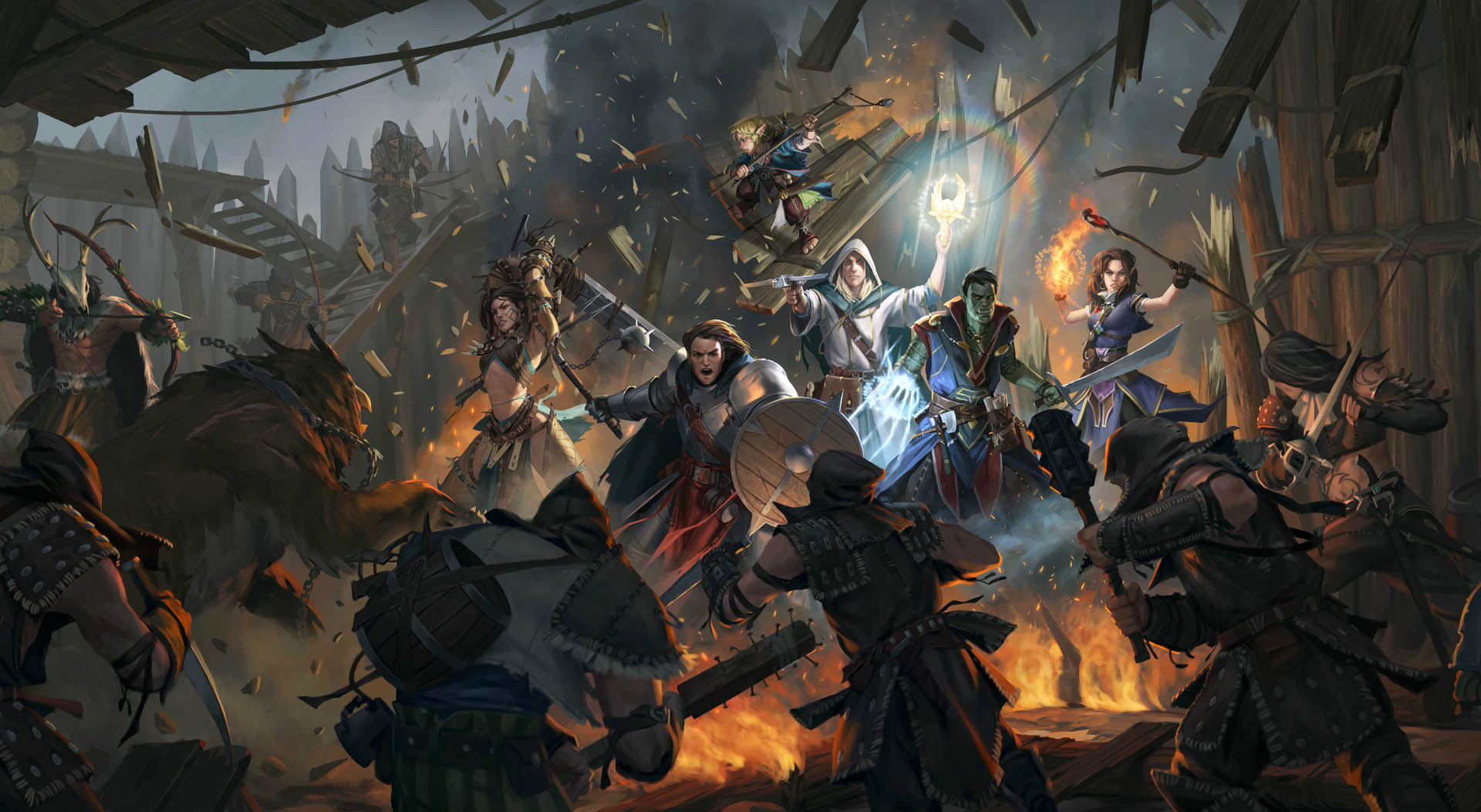
In ‘Pathfinder: Kingmaker’, many actions – from conversations and disarming traps to triggering events – rely on skill checks, similar to a tabletop role-playing game. Your advisors’ abilities play a big role in how kingdom events unfold, leading to lasting effects. The characters you choose for your party also determine what options are available when exploring. Owlcat Games closely follows the Pathfinder rules, making both small choices and managing your kingdom dependent on meeting certain skill levels.
‘Pathfinder: Wrath of the Righteous’ (2021)

In ‘Wrath of the Righteous’, Mythic Paths add extra options to your skills, opening up unique conversations and ways to finish quests. How you manage your crusade impacts your troops’ morale, supplies, and battles. With certain Mythic choices, you can even bypass combat entirely and achieve victory through storytelling if you meet specific requirements. Owlcat Games cleverly uses skill checks throughout both your character’s personal journey and the larger war effort.
‘Pillars of Eternity’ (2015)
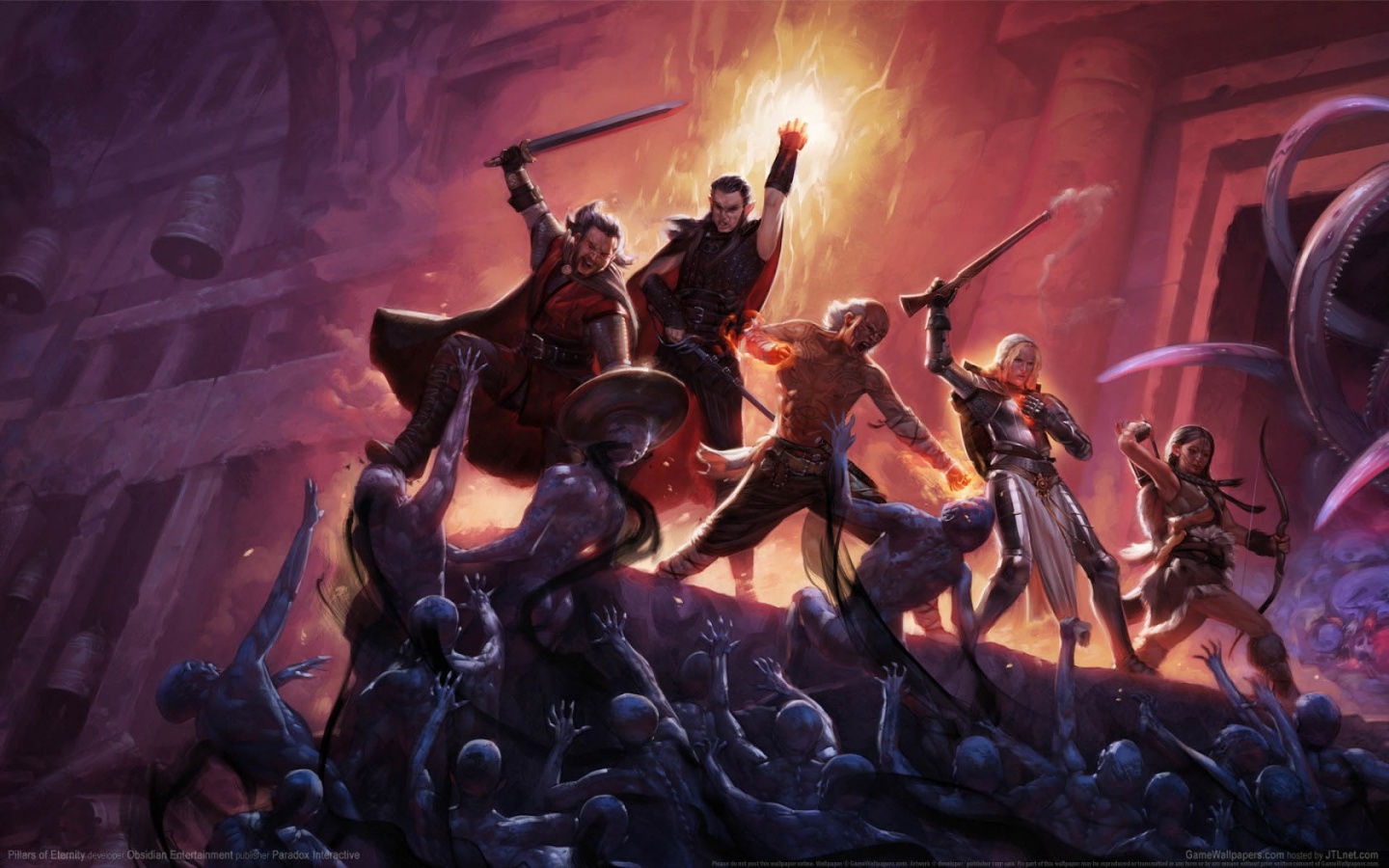
Okay, so in ‘Pillars of Eternity,’ your skills actually matter. Things like Lore, Athletics, and Survival have clear numbers you’re aiming for, and they come up constantly. If you’re good enough, you can actually talk your way out of fights, uncover hidden story bits, or even change how your companions’ stories play out. There are these ‘Scripted Interactions’ where the game checks your party’s skills to see if you can find secret paths or avoid traps. Honestly, Obsidian really thought things through – a lot of the quests have multiple ways to approach them, and they give you hints so you can plan ahead. It’s cool because it feels like your choices genuinely impact the game.
‘Pillars of Eternity II: Deadfire’ (2018)
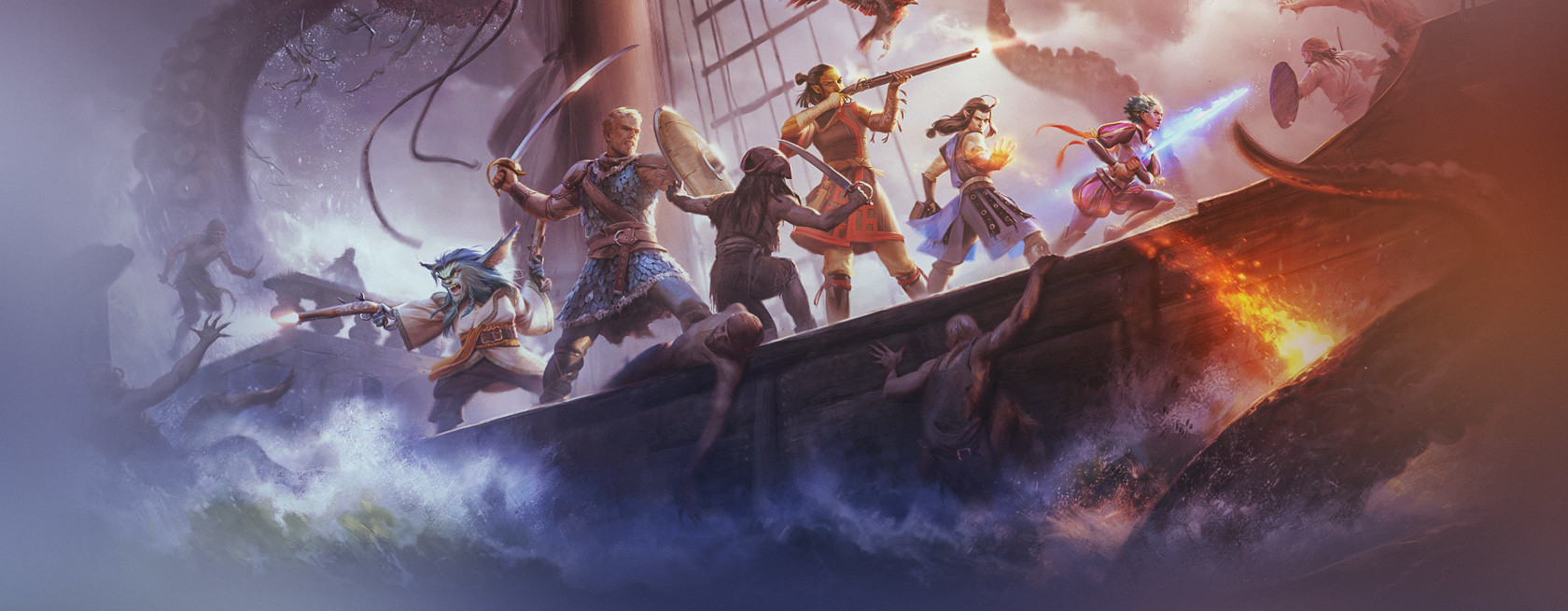
In Deadfire, the game uses both automatic skill checks and choices you make during conversations. These checks rely on your character’s skills and personality, while conversations consider the combined abilities of your entire party to determine what happens. Your relationships with different groups affect what checks appear and how characters react. Succeeding at these checks can unlock things like ship improvements, new ways to complete missions, or peaceful solutions in potentially dangerous towns. The developers at Obsidian Entertainment have made it clearer what you need to do to get the results you want.
‘Wasteland 2’ (2014)

In ‘Wasteland 2’, you’ll need skills like Lockpicking and Safecracking, but also strong conversation abilities to influence towns and groups. Your skill levels determine which settlements flourish and which fall. Even if you fail a skill check, you usually won’t be completely blocked – you might just face tougher fights or find less valuable items. The game encourages using a diverse team of Rangers, so everyone can contribute their skills.
‘Wasteland 3’ (2020)
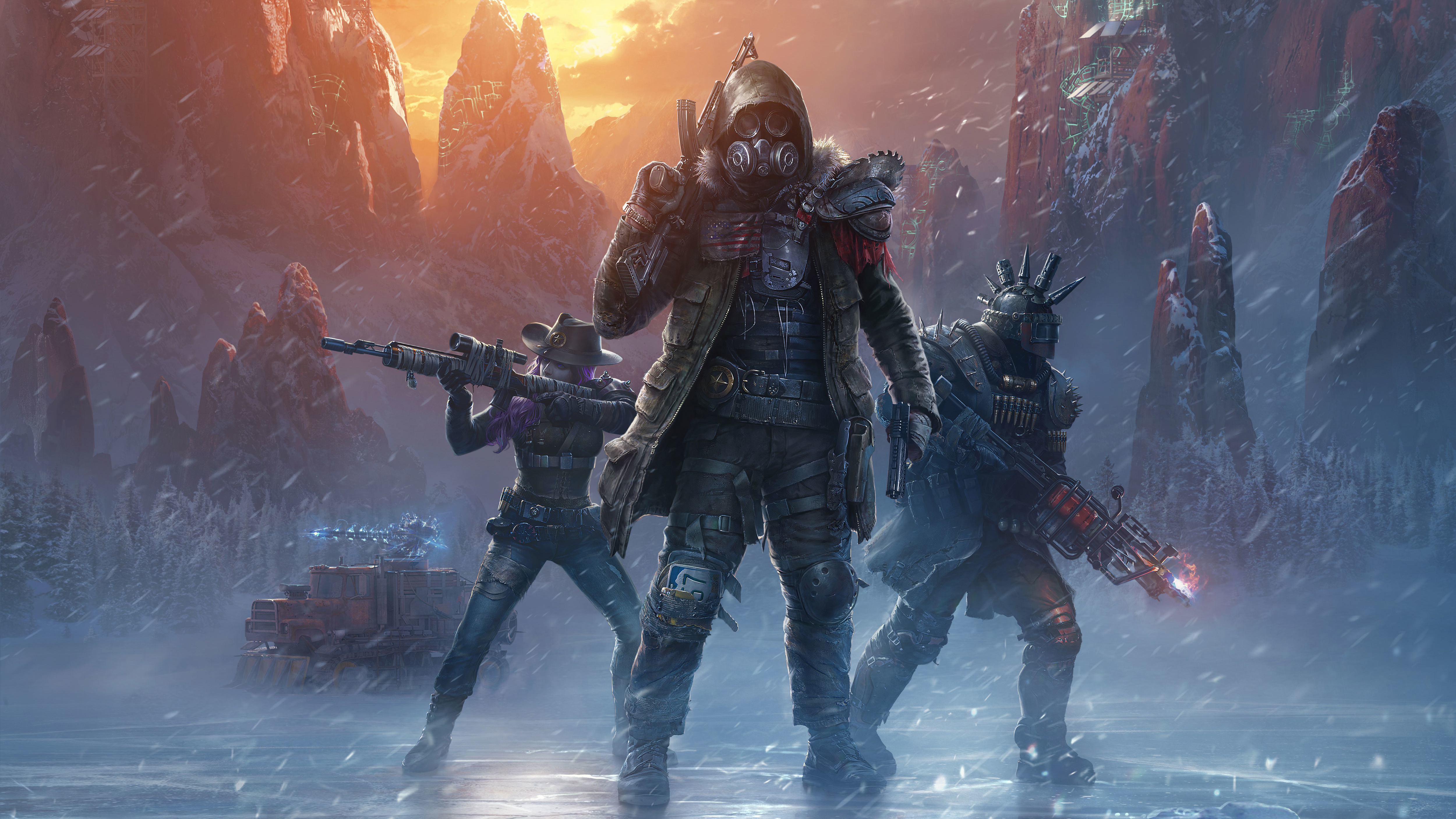
In Wasteland 3, conversations now rely on your team’s skills, especially those of your ‘face’ character – their stats and backstory are important. Skills like Mechanics and Weird Science can help you bypass obstacles by disarming traps or modifying robots. Depending on whether you focus on persuasion (Kiss Ass), intimidation (Hard Ass), or technical expertise (Nerd Stuff), you’ll unlock different paths and outcomes within the same quest. These successes ultimately affect the larger story and the fate of different regions.
‘The Elder Scrolls V: Skyrim’ (2011)

In ‘Skyrim,’ you can use your Speech skill to bargain with merchants, scare people, or convince them to help you. Other skills unlock new ways to interact with the world, like picking locks or stealing. Some quests offer different paths depending on whether you try to intimidate or persuade someone, letting you avoid fights or find quicker solutions. Skills like Intimidation and Investor can even change how shopkeepers act and what options appear during conversations. These interactions are found throughout the game, including in the various guilds and during the civil war storyline.
‘The Witcher 3: Wild Hunt’ (2015)
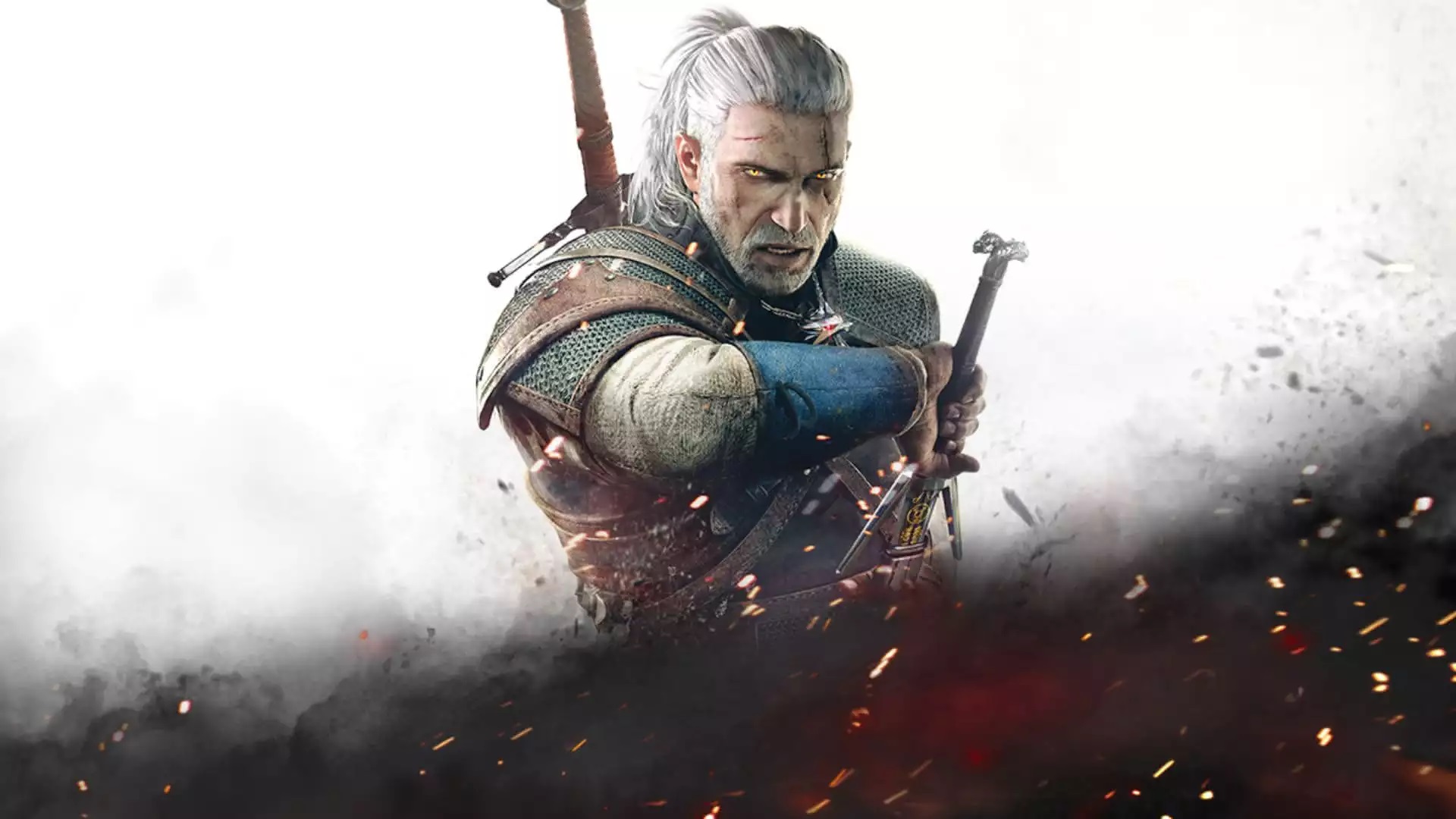
In ‘The Witcher 3’, using the Axii sign to influence conversations depends on how powerful it is and how far you’ve progressed in the game, letting you sometimes control people’s minds to solve problems. Successfully using Axii can help you avoid battles, get better prices, or quickly gather information. Other dialogue choices change based on decisions you’ve made earlier in the game, affecting characters and areas. CD Projekt Red combines these stat checks with your past choices to create branching storylines and varied outcomes.
‘Deus Ex: Human Revolution’ (2011)
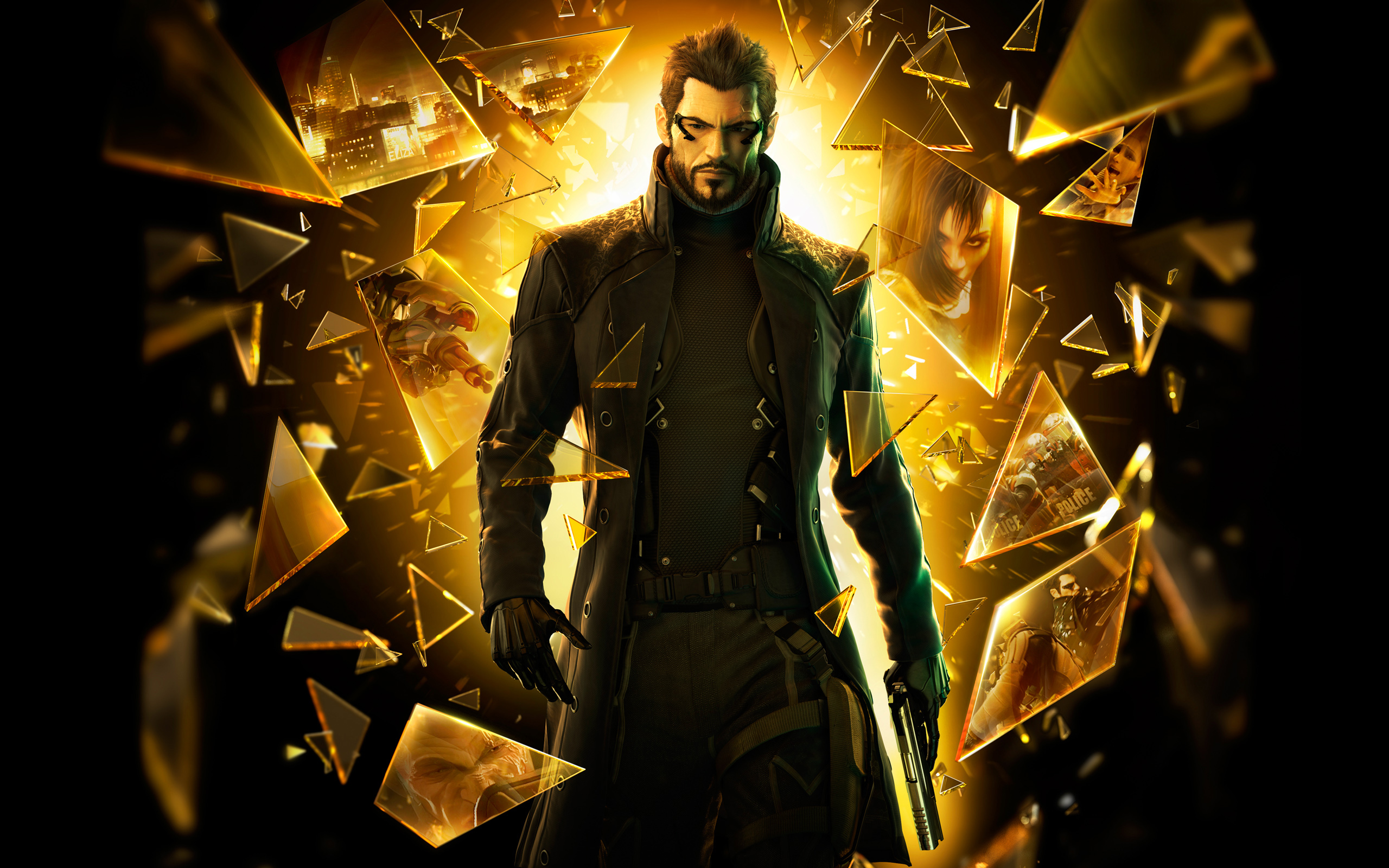
In ‘Human Revolution’, the CASIE system lets you influence conversations and unlock new ways to complete objectives by carefully observing how characters react. Successfully navigating these interactions can open up new dialogue options, help you avoid detection, or earn you additional information and rewards. Furthermore, skills in hacking and augmented movement create entirely new paths through missions. Eidos-Montréal intentionally designed many goals to be achievable through different approaches – whether it’s through social skills, stealth, or combat.
‘Alpha Protocol’ (2010)
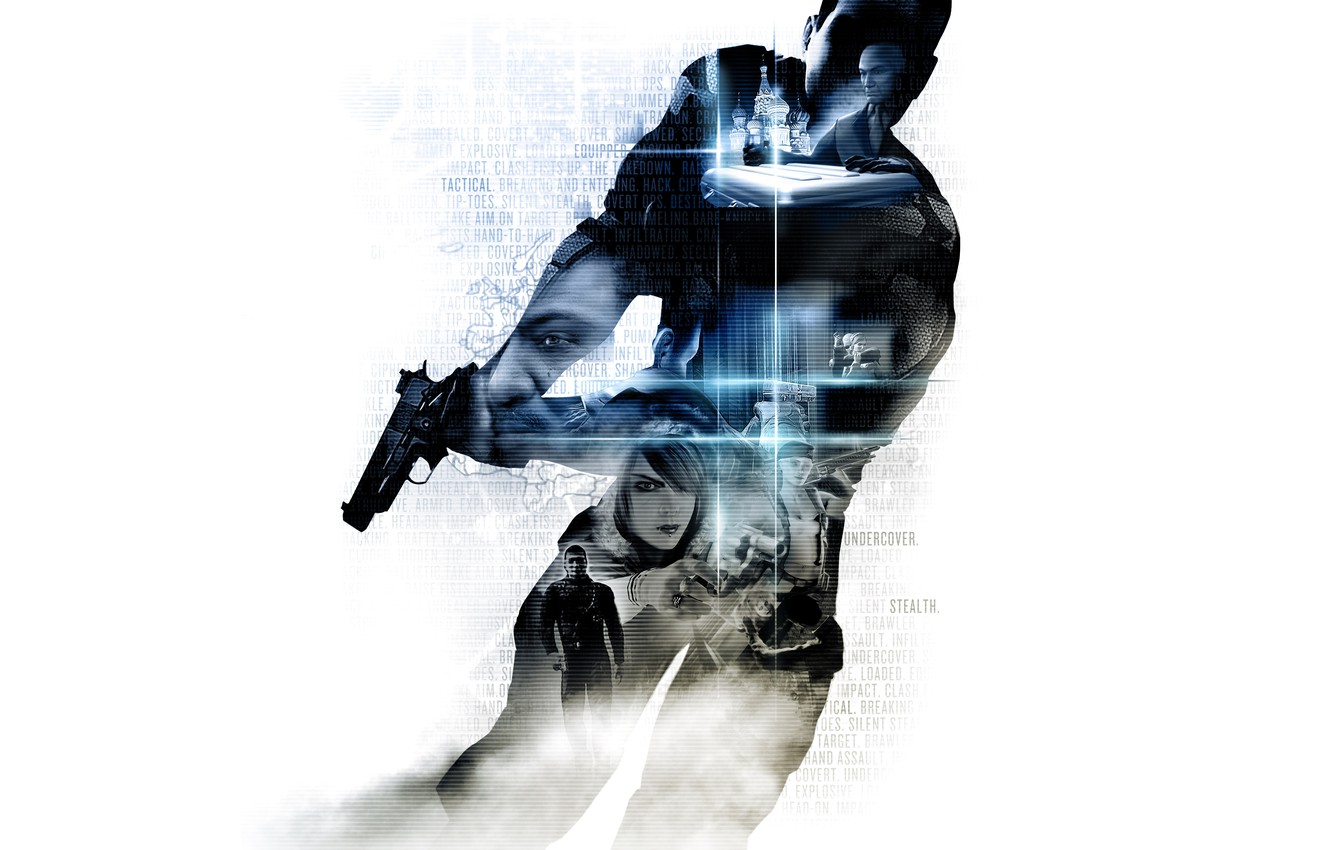
In ‘Alpha Protocol’, how you build relationships and what you say during conversations, combined with your skills, significantly impact missions. Successfully navigating social interactions can change how bosses act, create new alliances, and even affect the game’s ending. Your technical and stealth abilities unlock alternative, non-violent or hidden ways to complete objectives. Ultimately, the game features multiple endings determined by key choices you make during conversations.
‘Divinity: Original Sin’ (2014)
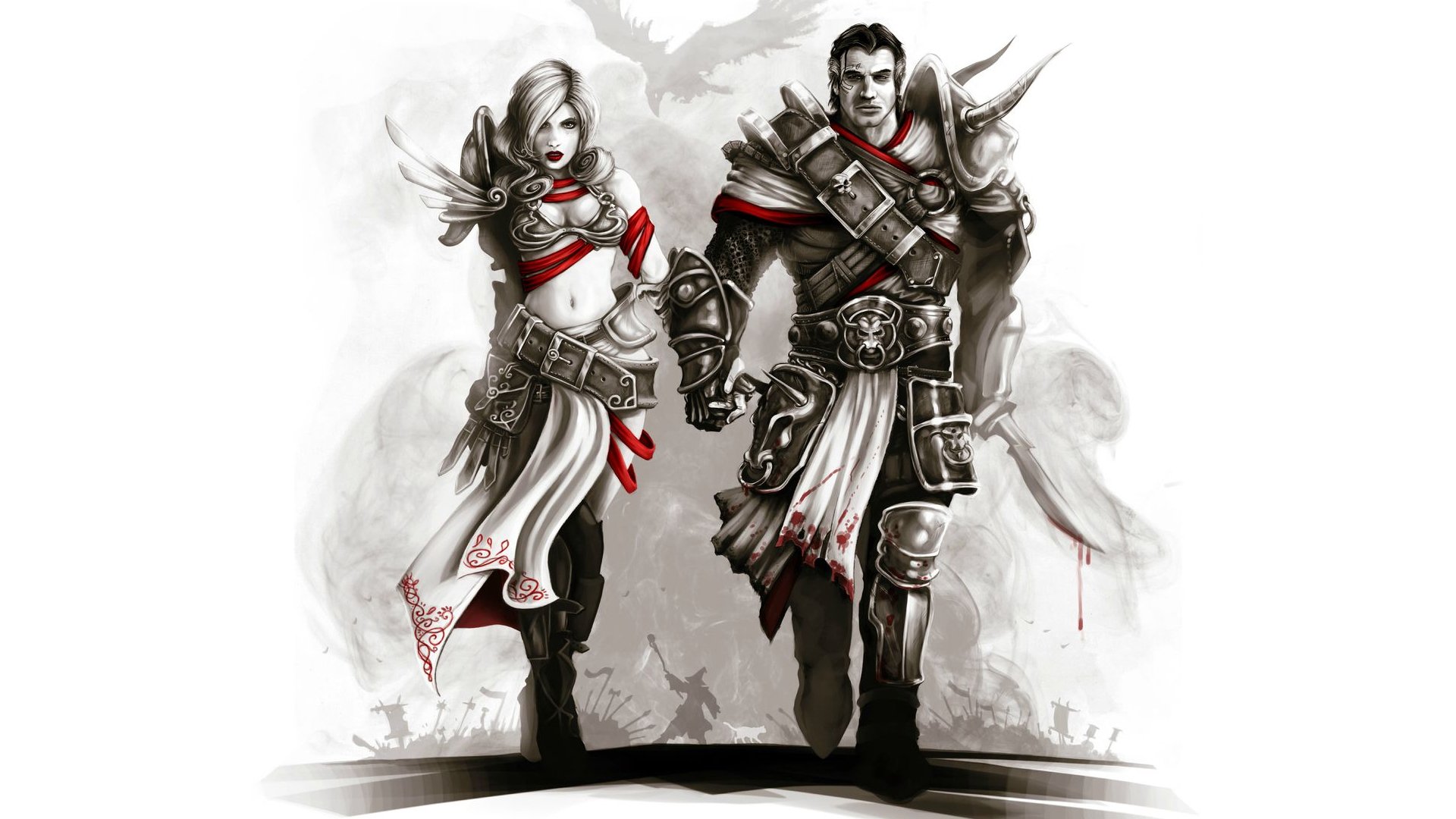
In ‘Original Sin’, you unlock different ways to convince people based on your character’s abilities and skills. When your party members disagree, the game uses a simple Rock-Paper-Scissors mechanic to determine the outcome, which then affects the game world. You can solve puzzles and even skip parts of the game by using skills like crafting or Telekinesis. The choices you make change your character’s traits, leading to branching conversations and different story paths. Larian Studios designed many situations so you can often use skills and clever thinking instead of just fighting.
‘Divinity: Original Sin 2’ (2017)
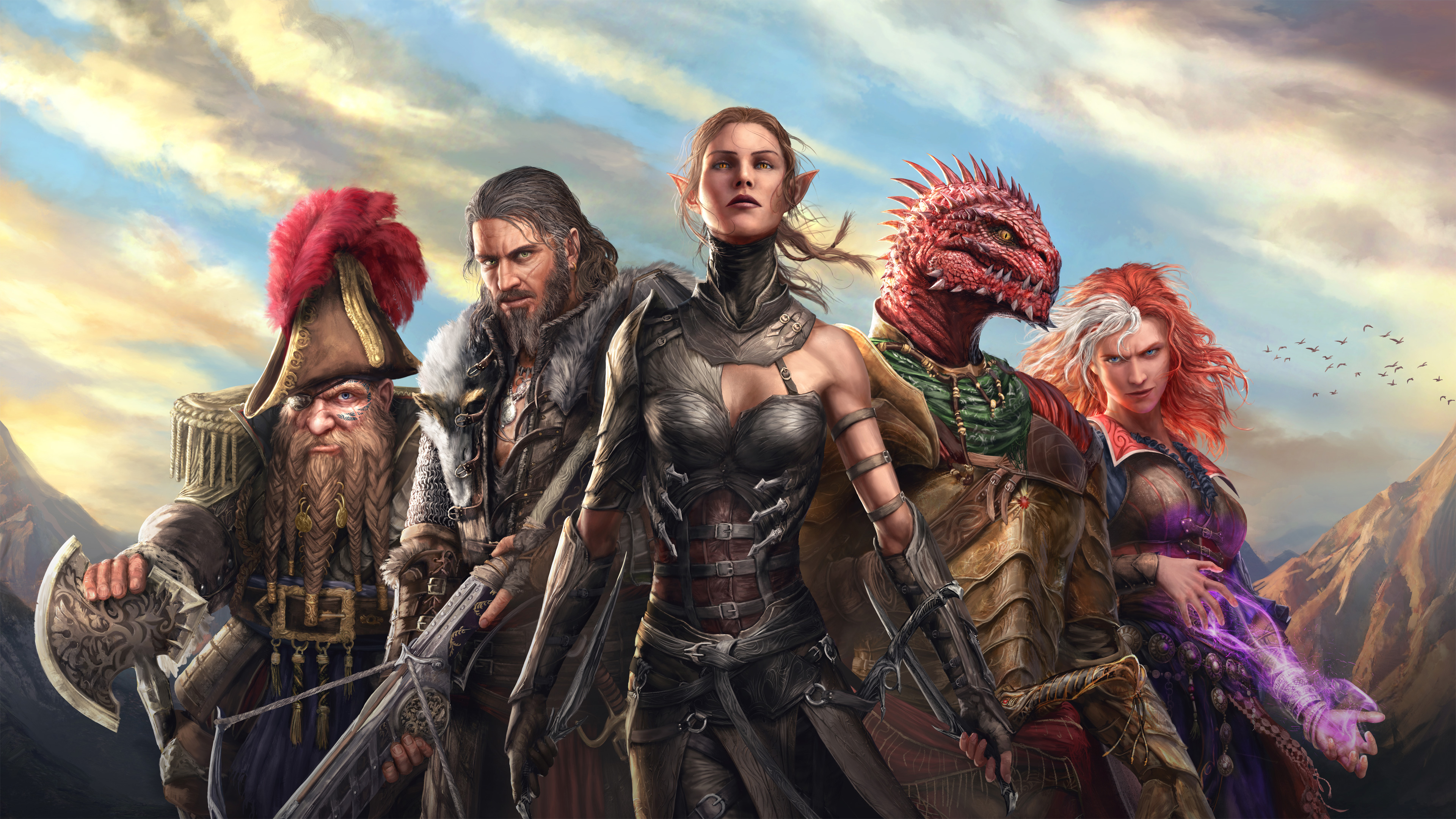
In ‘Divinity: Original Sin 2’, successfully persuading characters in conversations depends on your character’s stats, letting you avoid fights or even switch sides in quests. Skills like Thievery and Loremaster unlock secret ways to complete missions and reveal more information about items. Your character’s background and race also provide unique dialogue options and hidden ways to achieve different results. Larian Studios cleverly used both obvious and hidden checks to create many different ways to solve problems.
‘Shadowrun: Dragonfall’ (2014)
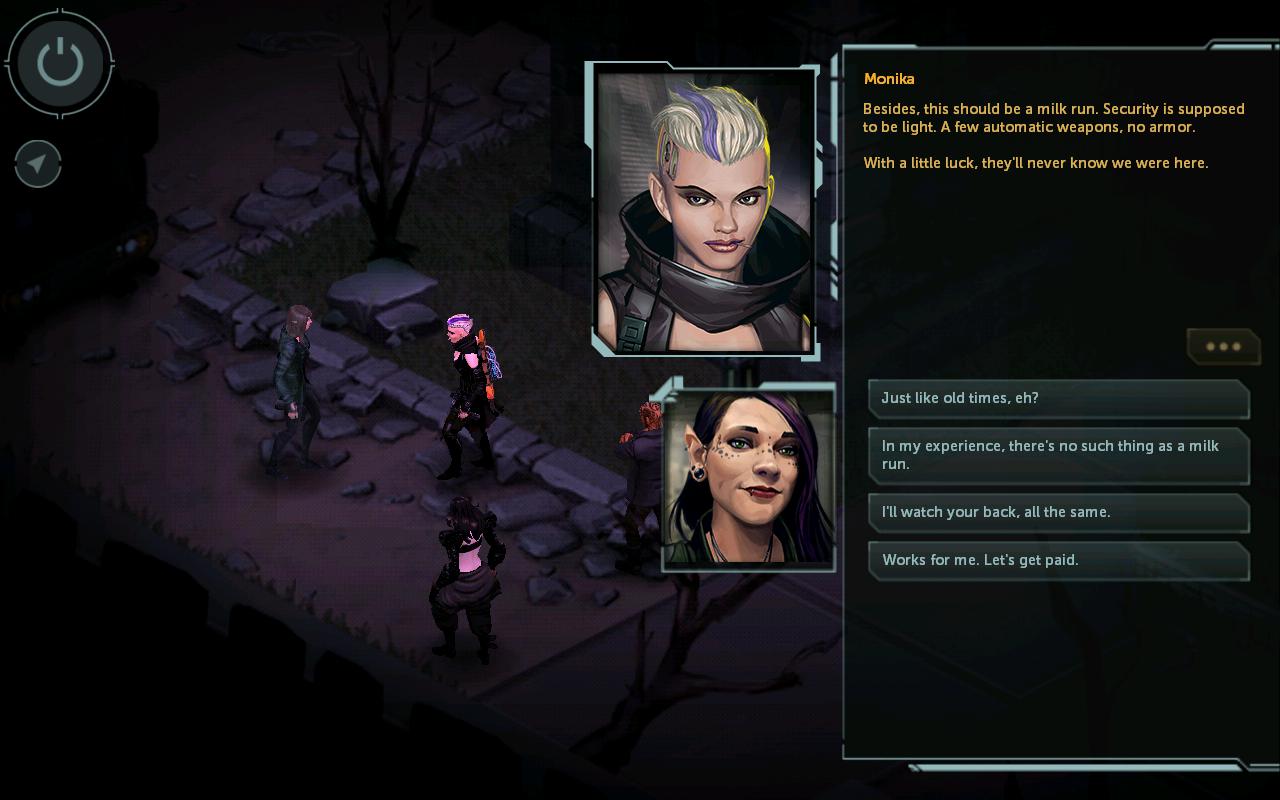
Okay, so in ‘Dragonfall’, things like having the right background – whether you’re a student, security expert, or something else – and building up skills like Decking, Biotech, or even just being charismatic really matter. It’s not just about combat! Having those skills can let you talk your way out of fights, uncover secrets faster, or snag some unique gear. I’ve learned that building a well-rounded team is key too, because my teammates can help me with skill checks I’m weak at. Honestly, Harebrained Schemes did a great job making it so you can tackle things in a lot of different ways – you can go in guns blazing, be a smooth talker, or a tech wizard, and it all feels like a valid option.
‘Tyranny’ (2016)
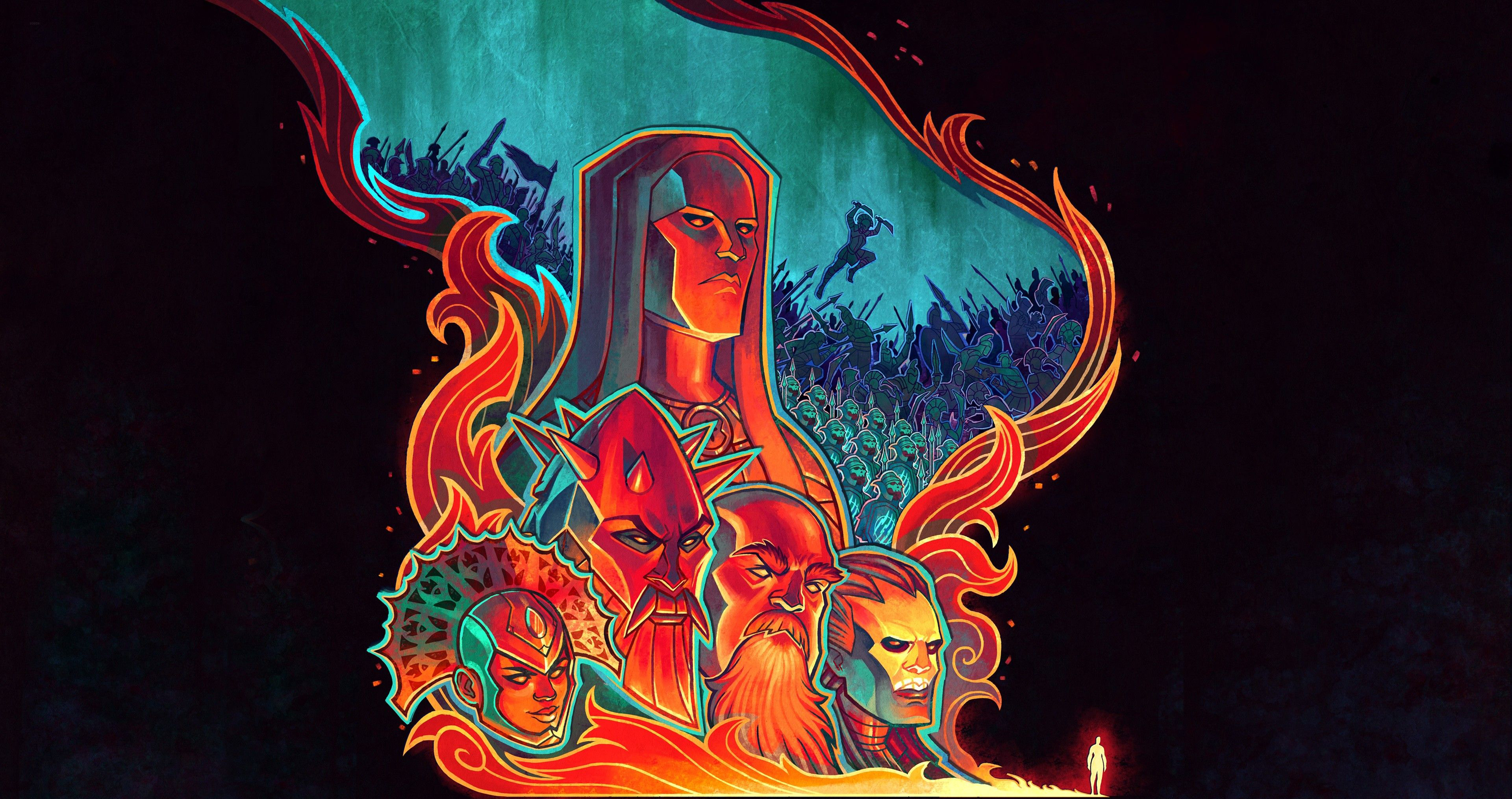
In Tyranny, your skill and reputation – measured by how much factions either favor or fear you – determine what powerful commands you can issue and how effectively they’ll be obeyed. Success in these commands, determined by skill checks, dictates whether groups will comply, work with you, or rebel when you make important decisions. The choices you make during conquests also have lasting effects, opening or closing off opportunities later in the game. Obsidian Entertainment has designed the game so that the late-game situation is heavily influenced by your earlier actions and the results of your rulings.
‘Cyberpunk 2077’ (2020)
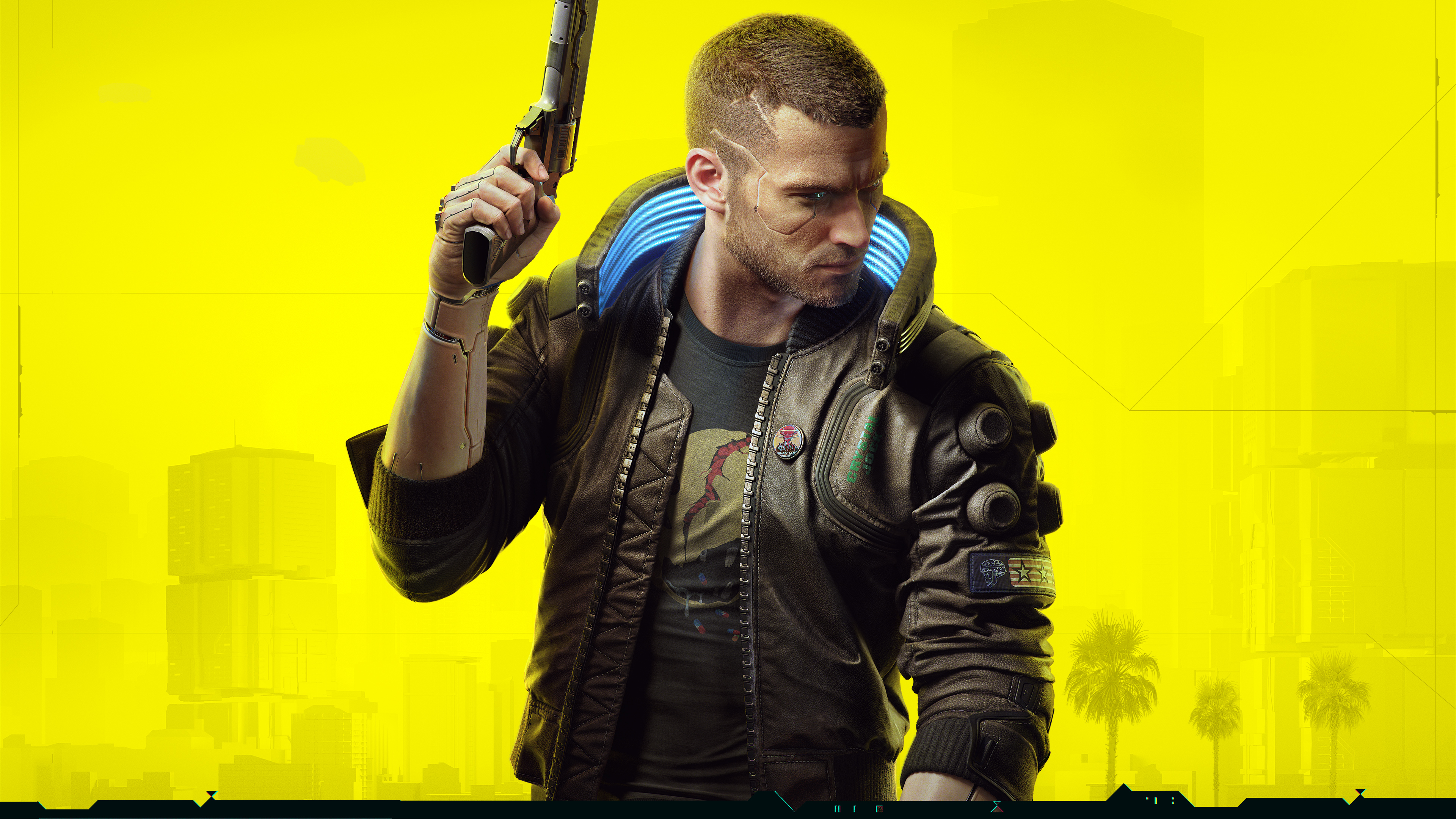
In ‘Cyberpunk 2077’, your character’s core stats – Body, Technical Ability, Intelligence, Cool, and Reflexes – determine what options are available during gameplay. These stats unlock access to things like hacking, conversations, and even hidden pathways. Your Lifepath and Street Cred also play a role, opening up unique dialogue and opportunities. Ultimately, your stats, choices, and background heavily influence the quests you can complete and the different endings you can achieve.
Share your favorite game skill-check moment in the comments!
Read More
- 2025 Crypto Wallets: Secure, Smart, and Surprisingly Simple!
- Gold Rate Forecast
- Brown Dust 2 Mirror Wars (PvP) Tier List – July 2025
- HSR 3.7 story ending explained: What happened to the Chrysos Heirs?
- Games That Faced Bans in Countries Over Political Themes
- ETH PREDICTION. ETH cryptocurrency
- Gay Actors Who Are Notoriously Private About Their Lives
- 9 Video Games That Reshaped Our Moral Lens
- Banks & Shadows: A 2026 Outlook
- Uncovering Hidden Groups: A New Approach to Social Network Analysis
2025-11-18 17:18